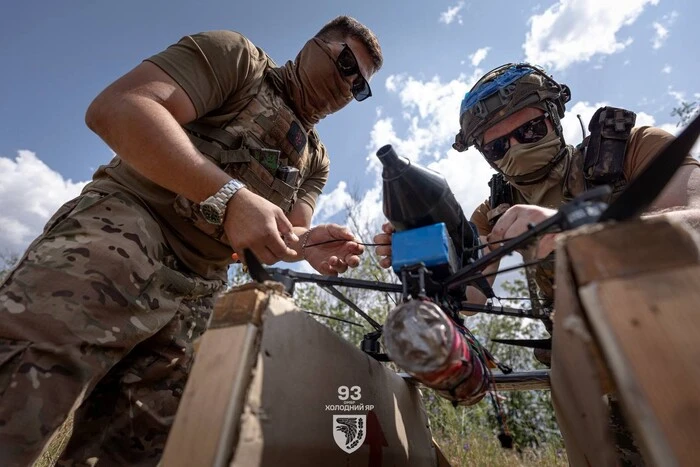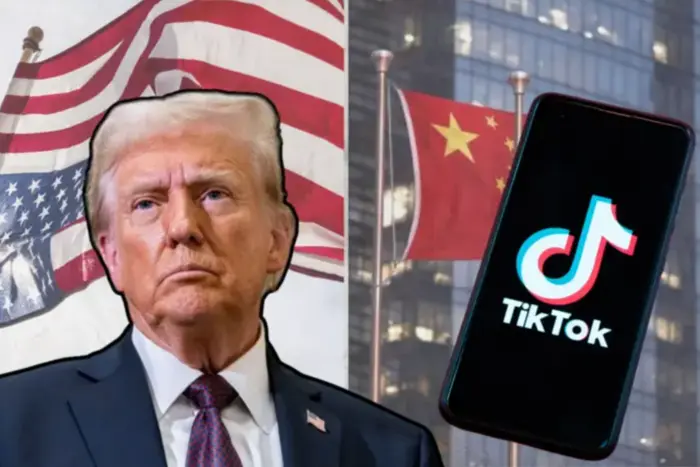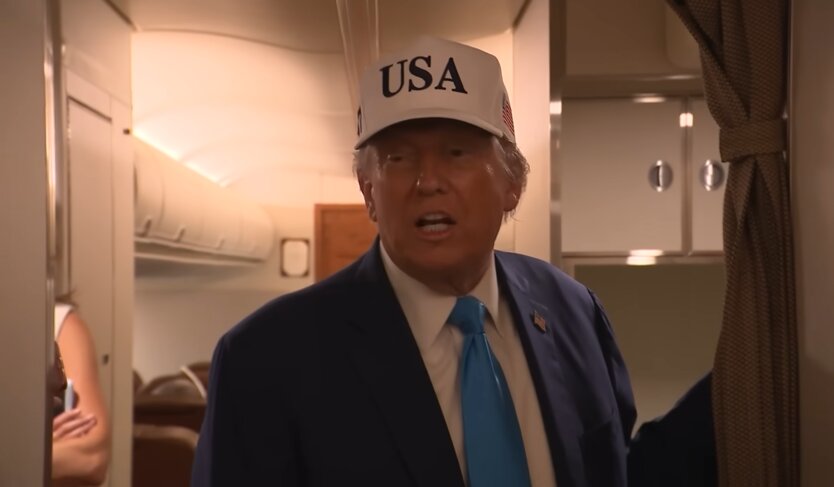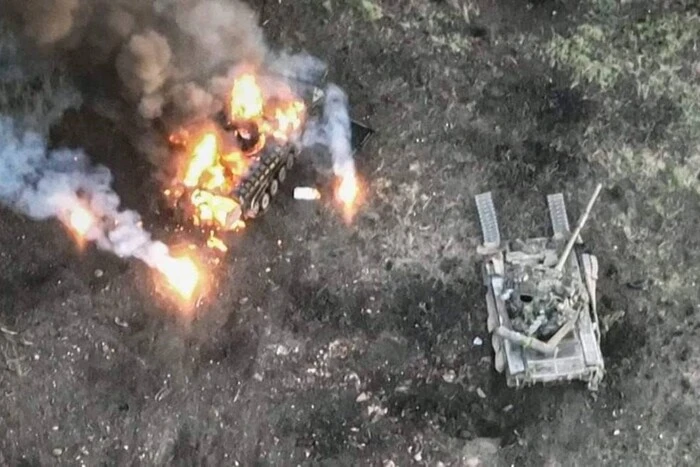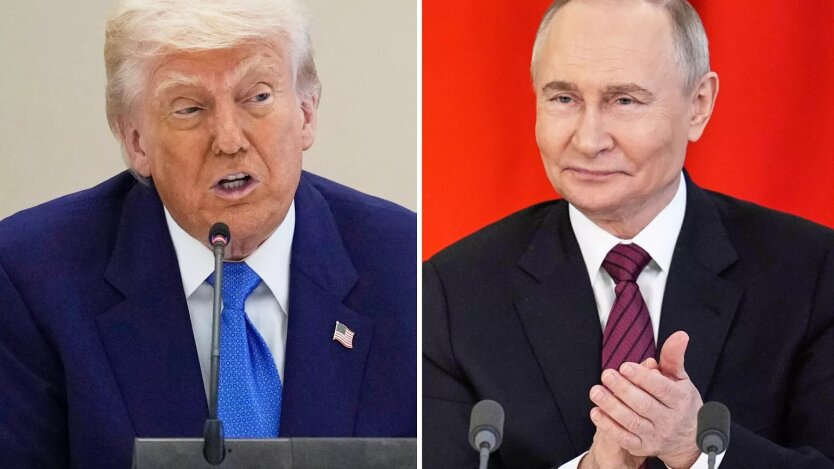NYT: Russia received new batches of Hwasong-11 short-range ballistic missiles.

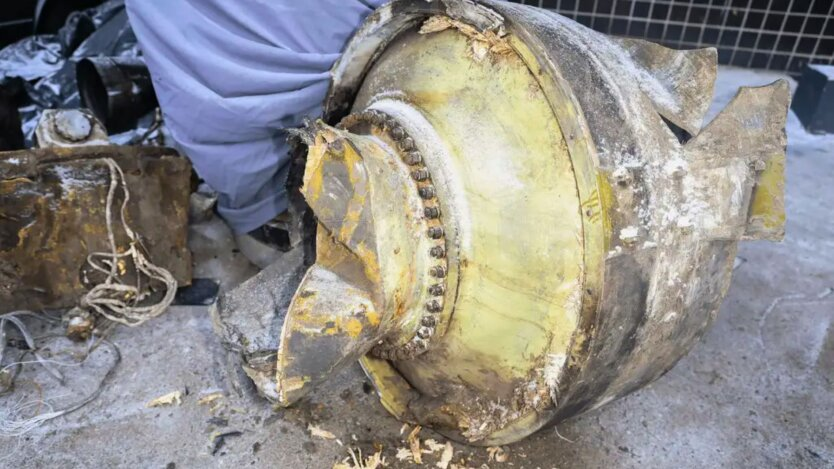
According to The New York Times, North Korea continues to supply Russia with advanced short-range ballistic missiles despite sanctions aimed at preventing Pyongyang from developing such weapons and their import by Moscow.
According to a report by the Conflict Armament Research, an independent organization from the UK that identifies and tracks weapons and ammunition used in wars around the world, the remnants of four such missiles, called Hwasong-11, were examined in Kyiv.
The research team deciphered manufacturing markings on several parts from each missile, collected by Ukrainian authorities. The Hwasong-11 missile used during the attack on Kyiv on August 18 had markings indicating its manufacture this year. The internal parts of three other missiles used during attacks in July and August did not have markings indicating their production date.
The Hwasong-11 missile has a range of about 690 kilometers and can be equipped with nuclear or conventional warheads, according to the U.S. Army report. Visually, it is similar to the Russian Iskander short-range ballistic missile and could have been manufactured with the help of foreign specialists, according to the Center for Strategic and International Studies, a think tank in Washington.
Damien Splinters, who leads Conflict Armament Research operations in Ukraine, noted: "The determination of the year of manufacture that we were able to make in field conditions by examining these remnants shows a very short period of Time between production, transfer, and use. And I think that is quite important since we are talking about North Korea, a country that has been under sanctions for nearly two decades."
Splinters also added that this is at least the second delivery, indicating a persistent violation of sanctions as North Korea continues to produce these missiles, transfer them, and then these missiles are used in Ukraine.
In March, Russia used its veto in the UN Security Council to halt monitoring of North Korea's efforts to evade sanctions related to its nuclear program. According to Splinters, the cessation of monitoring was a major reason why the country was able to continue building and transferring ammunition to Russia.
Weapons like the Russian Iskander and North Korean Hwasong, which are launched from truck-based mobile launchers, are difficult to defend against as they fly much faster than other incoming threats like cruise missiles and can maneuver just before impact.
The United States and its allies have provided Ukraine with Patriot air defense systems to help the country repel Russian attacks. However, Ukrainian President Volodymyr Zelensky stated that he needs more such systems.
Rob Lee, a senior fellow at the Foreign Policy Institute, noted in an interview: "Ukraine has limited air defense capabilities to shoot down ballistic missiles such as Hwasong, and the Patriot is a key weapon system for this. They have only a limited number of Patriot batteries and missiles, so Ukraine can only protect a few key areas, while the Russians can threaten both cities and frontline targets."
North Korea is not the only country supplying such weapons to Russia. On Tuesday, U.S. Secretary of State Antony Blinken accused Iran of supplying Russia with short-range ballistic missiles for use in Ukraine. As a result, according to Blinken, the Biden administration is imposing additional sanctions on Tehran.
In August, researchers reported that Russian forces were launching Kh-101 cruise missiles into Ukraine sometimes just a few weeks or months after the weapon had left the factory.
According to Splinters, the Hwasong missiles that were examined used ordinary commercially available electronic components made by Western countries last year, ranging from simple to quite advanced. They were similar to components found in many Russian weapons examined by the group a few months after the 2022 invasion.
Splinters noted that this should not be surprising, given that Russia has also managed to create advanced weapons while under international sanctions aimed at slowing their production.
"North Korea does not have its own semiconductor industry," he said. "So it is logical that they are also taking advantage of the global market to access these components."
"This means we can also track them and identify the organizations responsible for their illegal supply," he added.
Let us recall that the Pentagon said how it will help Ukraine defend itself from Iranian Fath 360 missiles.
Read also
- Zelensky spoke about which countries will help Ukraine produce drones and weapons
- NATO Secretary General addresses the US regarding arms for Ukraine: what will change
- Dozens of 'Shaheds' Shot Down by Interceptor Drones: Zelensky Reveals Details of Conversation with Trump

